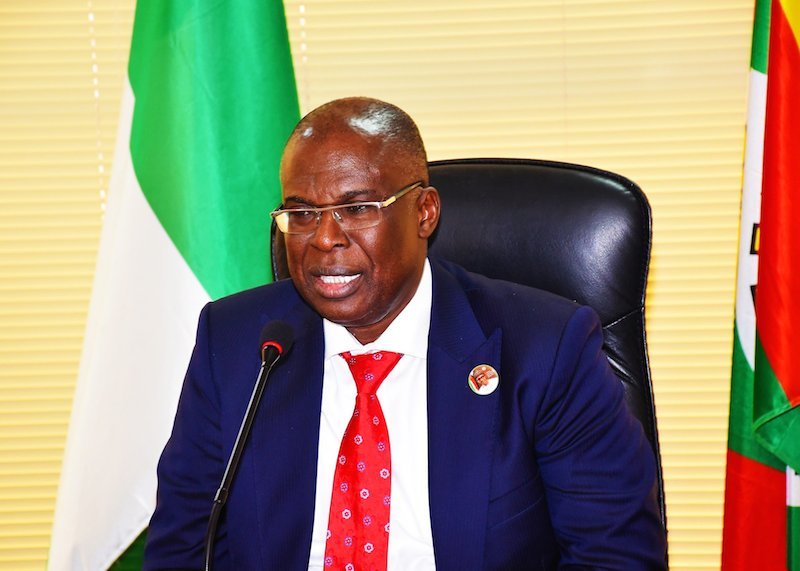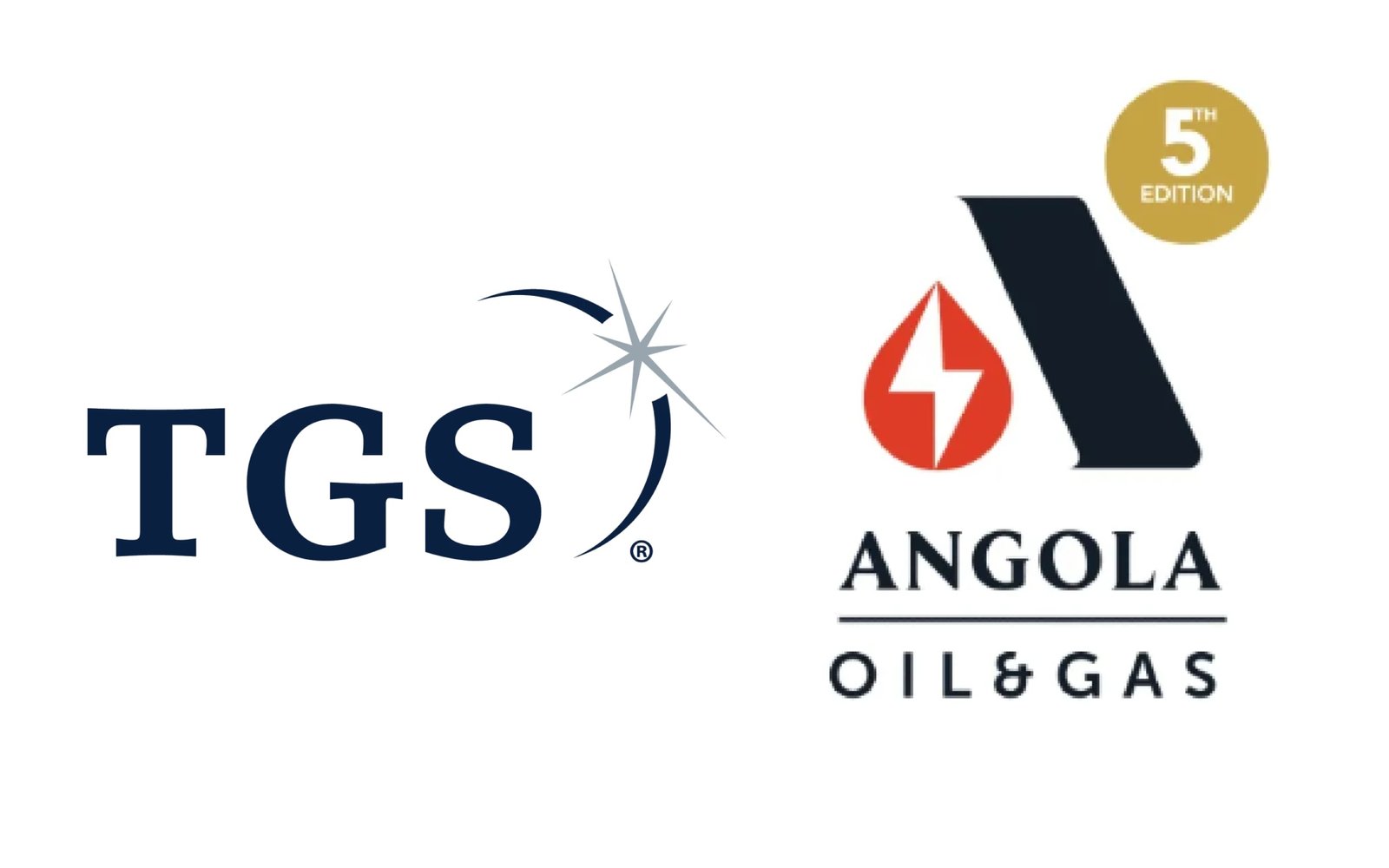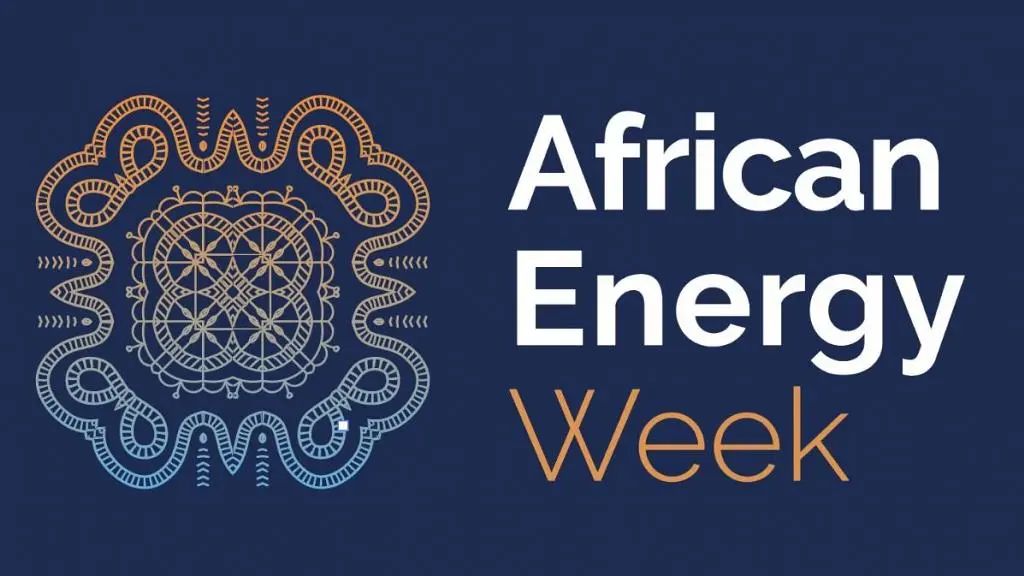The Minister of State for Petroleum Resources, Chief Timipre Sylva, has said that the Petroleum Industry Act offered multinational oil companies and global oil industry investment community of adequate protection for their business interest in Nigeria.
The minister disclosed this in his keynote address at the 5th edition of the Nigeria International Energy Summit 2022.
The statement read; “a new dawn was ushered into Nigeria’s oil and gas industry the day President Muhammadu Buhari, GCFR, signed the Petroleum Industry Bill (PIB) into law making it the historic Petroleum Industry Act (PIA). It was a landmark achievement and victory for all Nigerians. Before this landmark Act, Nigeria’s petroleum industry was governed by the Petroleum Act of 1969 and other obsolete legislations.
“Mr. President never concealed his desire towards creating a more conducive environment for growth of the sector and addressing legitimate grievances of communities most impacted by extractive industries.
“Let us not forget that the PIB was introduced over two decades ago. Despite the controversies and the difficulties, the Buhari administration believed that the concept, objectives and long-term goals of the bill remained impeccable as to warrant its efforts to rally the legislature from different political and ethnic divide for its passage.
“While the country was waiting for the PIA, Nigeria’s oil and gas industry lost about $50 billion worth of investments. In fact, between 2015 and 2019, KPMG states that “only 4 percent of the $70 billion investment inflows into Africa’s oil and gas industry came to Nigeria even though the country is the continent’s biggest producer and the largest reserves.”
“It is no brainer, therefore, to see that the absence of the legal, governance, regulatory and fiscal framework for the industry contributed to the huge loss Nigeria has witnessed.
“However, with the assent of the PIA, President Buhari has assured multinational oil companies and global oil industry investment community of adequate protection for their business interest in Nigeria. The nation’s energy industry is no longer rudderless. The PIA makes Nigeria competitive relative to other oil and gas producing countries, especially among its African peers.
“This session will look at the journey so far in the implementation of the PIA. Some aspects of the implementation may need more attention so that the Act could deliver the expected benefits to all the stakeholders.
“While the role of the two new dual regulators will come under scrutiny, the issue of the host communities will continue to elicit frayed nerves and emotions. It is commendable that the PIA addressed the relationship with host communities by creating the Host Community Development Trust Fund (HCDTF) to foster sustainable prosperity, provide direct social and economic benefits from petroleum to host communities, and enhance peaceful and harmonious coexistence between licensees or lessees and host communities. It may not be perfect yet, but it is much better than where we are coming from.
“Ladies and gentlemen, it is crucial for all stakeholders as well as all arms of government to embrace the common desire to make the PIA and its intended brief of sanitising the oil industry a reality. It will hopefully engender the enthronement of transparency and openness to the sector, revolutionise the nation’s oil sector and attract more investments to the sector”.








